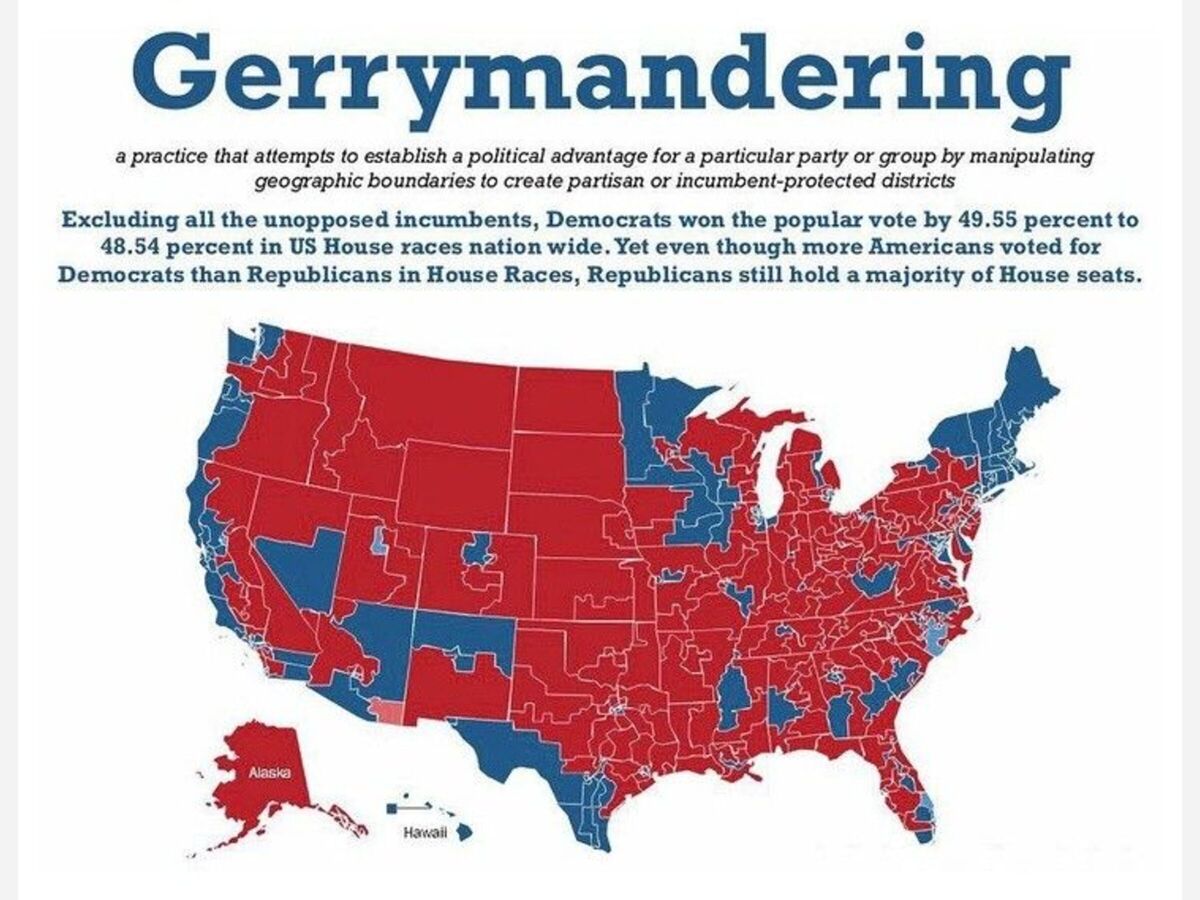Image


On Tuesday 4-12-2021, the New Mexico Governor, Michelle Lujan Grisham signed into law Senate Bill 304, which is the legislation that significantly changes the way New Mexico will draw future voting districts.
Sponsored by Sen. Brenna McKenna, Democrat of Corrales, per the proponents the redistricting act makes the process transparent by putting mapping responsibilities for state, congressional and commission seats in the hands of a seven-member diverse community committee.
Similar to most states, previously, lawmakers drew the maps, some say behind very closed doors. Bringing images of smoky rooms and older white guys creating the voting maps. Rather true or not that images prevailed from the old Democratic Machines that ran states like the Chicago backroom tradeoffs of Mayor Daily and in New York Mayor Koch of New York back in the 60's and 70s. Now times are indeed changing and transparency is becoming word of the day for more and more states.
“With the signing of this legislation by the governor today, New Mexicans will finally have a constitutional, fair, and transparent redistricting process,” McKenna stated in a press release from New Mexico House Democrats.
Under the new law, which goes into effect in July, there will be public hearings across the state, community input included in the voting boundaries and testimony recorded, indexed and documented.
More local to our region per the Navajo Times:
Chavez, Leonard Gorman, director or the Navajo Nation Human Rights Commission, Diné Sen. Shannon Pinto, D-McKinley-San Juan, and Ahtza Chavez, Diné, director of the NAVA Education project, added their voices as members.
“This is a big win!” said Ahtza Chavez.
But she added, “The bill is not strong enough. We (wanted) tribal boundaries to be considered.”
Companion bills included a provision that allowed voting districts to be smaller than how the state normally divides them up, which in turn would allow consideration for Navajo chapter boundaries.
As per the rules of the census and the constitution, each state has the authority for districts to be remapped every 10 years after the census is completed to take into consideration growth or loss of population. Each district across a state is supposed to have a similar number of voters.
SB304 has a provision which mandates that the newly created citizen committee will make every effort to consider political and geographic boundaries, including the boundaries of Indian nations, tribes and pueblos when drawing voting maps.
A more local take on the bill is New Mexico, like most states, has never been immune to gerrymandering. In fact, New Mexico’s legislative districts are so distorted that Republicans won 48 percent of the vote in last year’s election, while holding only a little over 30 percent of House and Senate seats in the Legislature. Such results are predictable because Democrats were in control the last time these legislative districts were created. As we approach the time when our legislative districts must be redrawn again, Democrats are again in complete control of both houses of the Legislature and the Governor’s office.
The potential for political manipulation made the passage of SB 304 important to the minority party. This bipartisan bill creates for the first time a nonpartisan, citizen commission that will work to suggest fair legislative and congressional districts for the next ten years. Equally important, this new commission will chart a new redistricting path by taking power away from politicians and giving it to the communities we are elected to represent.
One caveat to the bill which may play out in a battle over the congressional district representing Alamogordo and the seat of Yvette Herrell is and seen as a potential downside to SB 304 is that the Legislature can ignore the redrawn districts the commission will ultimately recommend. This is because the New Mexico’s constitution requires that only the Legislature can approve new legislative districts, so while the commission can propose fairly redrawn districts, the Legislature can alter them in order to benefit one political party or candidate.
Time will tell how the politics of this plays out but indeed it is a positive first step in ensuring all parties and ALL interests are heard from.